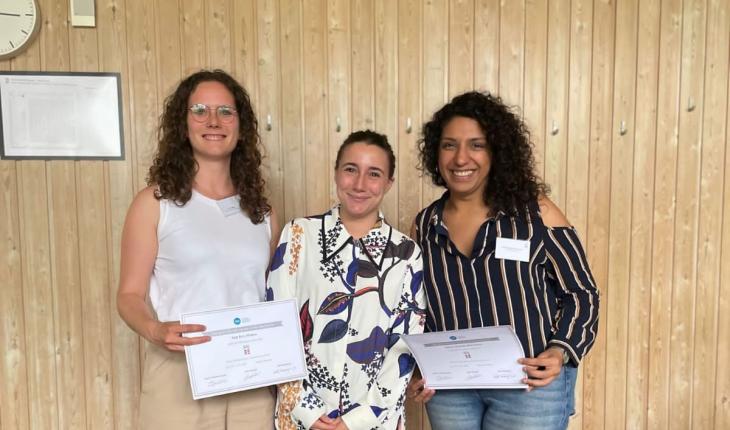Varsha N. Behrunani

Collaboration sparks innovation. This is the chance for me to work with and learn from people with similar interests, as we work toward the same goals.
Varsha N. Behrunani is a PhD candidate in NCCR Automation. She is supervised by Prof. John Lygeros at Automatic Control Lab in ETH Zurich in collaboration with Dr. Kristina Orehounig at Empa. She holds a B.Sc. in Electrical Eng. from the Rochester Institute of Technology, NY from its satellite campus in Dubai, UAE. She previously worked as an electrical and project engineer in different companies including Schneider electric and Nestle Manufacturing. She received her M.Sc. in Electrical Eng. from ETH Zürich in September 2020. Her research interests are in the field of the control of power systems and her work is focused on data-based decentralized control of multi-energy systems including the coordination of multiple stakeholders within the system.
After completing her PhD Varsha went on to work at Bellimo.



